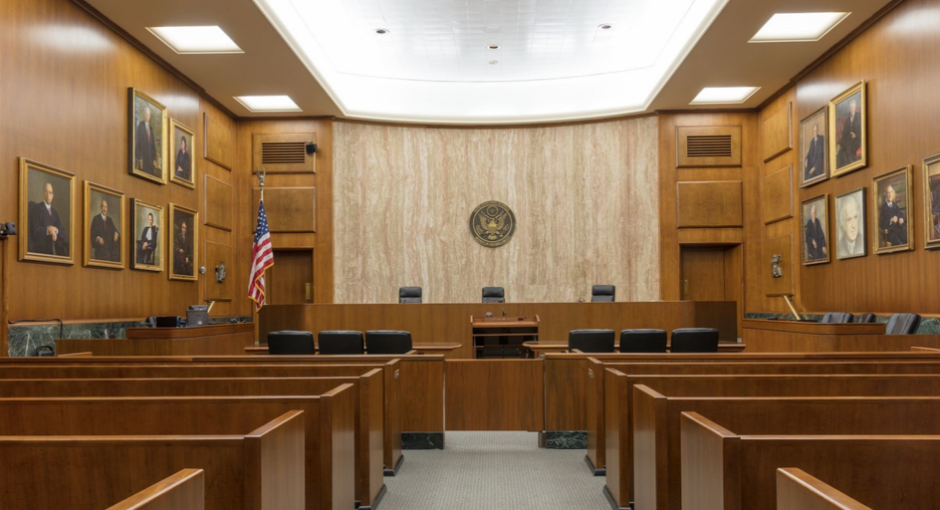The U.S. government and drug makers Novartis and United Therapeutics’ cross-appeals in their 340B contract pharmacy legal dispute have been set for oral arguments in October, marking the first of the closely watched lawsuits to advance to oral arguments at the appellate level.
The U.S. Court of Appeals for the District of Columbia Circuit on Aug. 10 scheduled a hearing for Oct. 24 at 9:30 a.m. in the cases.
At stake in Novartis and United Therapeutics’ consolidated case is the continued ability of drug manufacturers to put restrictions on 340B drug sales—such as requiring submission of claims-level data—when those drugs are dispensed at contract pharmacies. Providers say they use revenue from 340B drugs dispensed through contract pharmacies to offer and maintain more patient care, consistent with congressional intent. Drug makers say the 340B statute is silent on contract pharmacies and their expanded use in the 340B program has fueled drug diversion and duplicate discounts.
Pharmaceutical giants AstraZeneca, Eli Lilly, Novo Nordisk, and Sanofi have pending appeals in similar cases, with Lilly’s case before the Seventh Circuit based in Chicago, while Astra Zeneca’s lawsuit and Novo Nordisk/Sanofi’s consolidated case are pending in the Third Circuit based in Philadelphia, PA.
In the Novartis/UT suit, a federal district court ruled last November that the 340B statute does not prohibit drug makers from attaching any conditions to 340B sales. But, the judge said, the statute does not permit all such conditions. Any new enforcement action must be based on a statute or legislative rule precluding the specific conditions imposed by the companies, the judge said.
The U.S. Department of Justice argued in its May appellant brief that Congress knew when it enacted the 340B statute in 1992 that most covered entities use contract pharmacies, yet it didn’t block their use nor does the statute specifically allow manufacturers to put conditions on 340B drug sales at contract pharmacies. DOJ further argued that “calibrated program-integrity provisions” in the 340B statute are sufficient to address concerns about program compliance.
In their appellate briefs filed in June, Novartis and UT relied on the fact that the 340B statute is silent on the use of contract pharmacies, arguing that drug makers’ obligation to offer discounts under the statute does not extend to “non-covered entities.” The two companies said the government was attempting to use the statute’s silence on contract pharmacies to force drug makers to adhere to “covered entities’ unilaterally-dictated delivery arrangements.”
The district court case stemmed from 340B program violation letters the government sent to the companies in May 2021 pronouncing their restrictions on 340B drug sales involving contract pharmacies illegal and ordering the drug makers to repay overcharges or face fines. Including Novartis and UT, nine manufacturers have received such letters and seven have been referred to the U.S. Department of Health and Human Services (HHS) Inspector General for possible imposition of civil monetary penalties.


